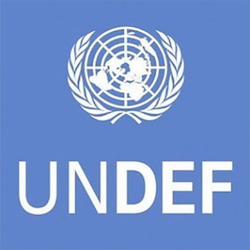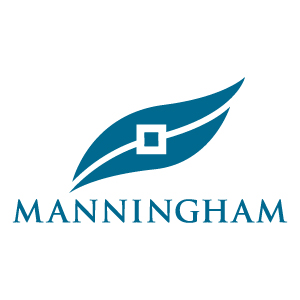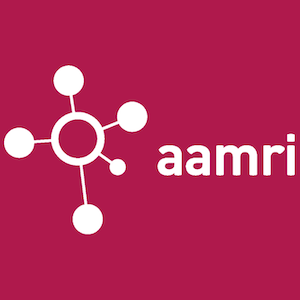newDemocracy and the United Nations Democracy Fund have recently announced a 2-year agreement centred on doing democracy differently. Making democracies more inclusive requires bold and innovative reforms to bring the young, the poor, and minorities into the political system to start to address the crisis of political representation which sees people becoming less and less engaged.
newDemocracy has been selected to develop and distribute a handbook on ‘Democracy Beyond Elections’ designed to show how nations at various levels of development can apply the principles of representation and deliberation in ways that are appropriate for their economic and educational circumstances.
This handbook is now available to read online here, and available for download here. This resource is free to reproduce and print for governments who wish to distribute it.
The handbook is also available in the following languages:
newDemocracy’s focus on designing and operating live, real world projects was a central reason for our appointment by the United Nations Democracy Fund.
For this reason, the project will also fund three pilot projects to demonstrate different contextual applications of deliberative principles and produce a documentary based on one of these to document how deliberative democracy can work in practice. Among citizens, the project will enable ordinary people to be involved in making decisions that affect them, and thus to promote trust in Government. Among elected representatives, the project will work to stimulate a greater openness to complementary democratic models in which citizens explore and recommend policy solutions on key issues.
More will follow as the project builds momentum. Demonstration project locations and issues will be announced to follow.
Resources:
- Project Proposal and Contract – UNDEF & nDF
- Enabling National Initiatives to Take Democracy Beyond Elections, Published Handbook (epub)
- Enabling National Initiatives to Take Democracy Beyond Elections, Published Handbook (download)
- Citizens’ Assembly in Malawi on Constituency Development Funds – Documentary with Process Notes
Demonstration Projects:
![]() Conselho de Cidadãos, Fortaleza – Delibera Brasil
Conselho de Cidadãos, Fortaleza – Delibera Brasil
Delibera Brasil has delivered the first demonstration project for the newDemocracy and UNDEF agreement. The Conselho de Cidadãos saw 40 citizens selected through a civic lottery meet for five full-day meetings. They were asked to find common ground on recommendations that answered the question:
How can we make Fortaleza a cleaner city for everyone?
The issue of the disposal of solid waste is a challenge for municipal administrations in all cities in Brasil, and in particular in Fortaleza where a habit of disposing of garbage and debris in public spaces is seen to be deeply rooted in the population.

The challenge of this project was to find ways to solve the issue of irregular disposal of waste, involving actions of shared responsibility between public authorities, private agents and the community.
The citizens and citizenry participants of the Conselho had the mission to reflect on previous experiences and solutions presented by the municipal management, to discover and propose alternatives, and to suggest ways for the city of Fortaleza to enable a policy for environmental, social and economic problems resulting from improper handling of waste and solid wastes, as well as stimulating the adoption of sustainable consumption habits.
Materials
- Conselho Cidadão de Fortaleza – Final Report
- Sumário Executivo – Executive Summary
- Ações Do Conselho Analisadas Pelos Gestores – Local Government Response
- Project Design (Portuguese)
Media
- Assembleias criadas por sorteio podem aproximar cidadão das decisões, Folha de S. Paulo
- Projeto da ONU leva cidadão a planejar soluções para Fortaleza, Estadão
- Políticas Públicas Inovadoras para Cidades: Fortaleza reunirá especialistas nacionais e internacionais em evento, G1

Building Public Trust in the Accountability and Performance of the
Constituency Development Fund in Malawi
Watch the full documentary here.
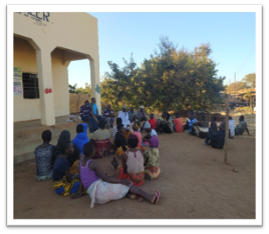
Our second demonstration project for the newDemocracy and UNDEF agreement is underway in Salima District, Malawi. The project involves 100 citizens selected through random selection meeting in five different juries for five full-day meetings each over five months. They have been asked to find common ground on recommendations that answer the question:
How can Salima District Council fairly and transparently utilize Constituency Development Fund money to achieve the objectives for which the fund was setup?
The allocation of Constituency Development Fund resources is a challenging issue throughout Malawi. It involves government, MPs, policymakers, councillors, district councils and the community. A lack of accountability and transparency in its implementation, the lack of community participation, and perceptions of undue political influence, all impact wider public trust in the program.

The aspiration of this project to find a way of including people who are normally exterior to the political process to find common ground on recommendations for the future management of the CDF, so that it is a fair, transparent and effective way of spending money.
Materials
- Citizens’ Assembly in Malawi on Constituency Development Funds – Documentary with Process Notes
- 2-minute documentary trailer
- Project Proposal
- Constituency Development Fund Guidelines
- Process report
- News article: Salima MPs and district officials accused of abusing CDF
- Report: Exploring Worldwide Democratic Innovations – A case study of Malawi
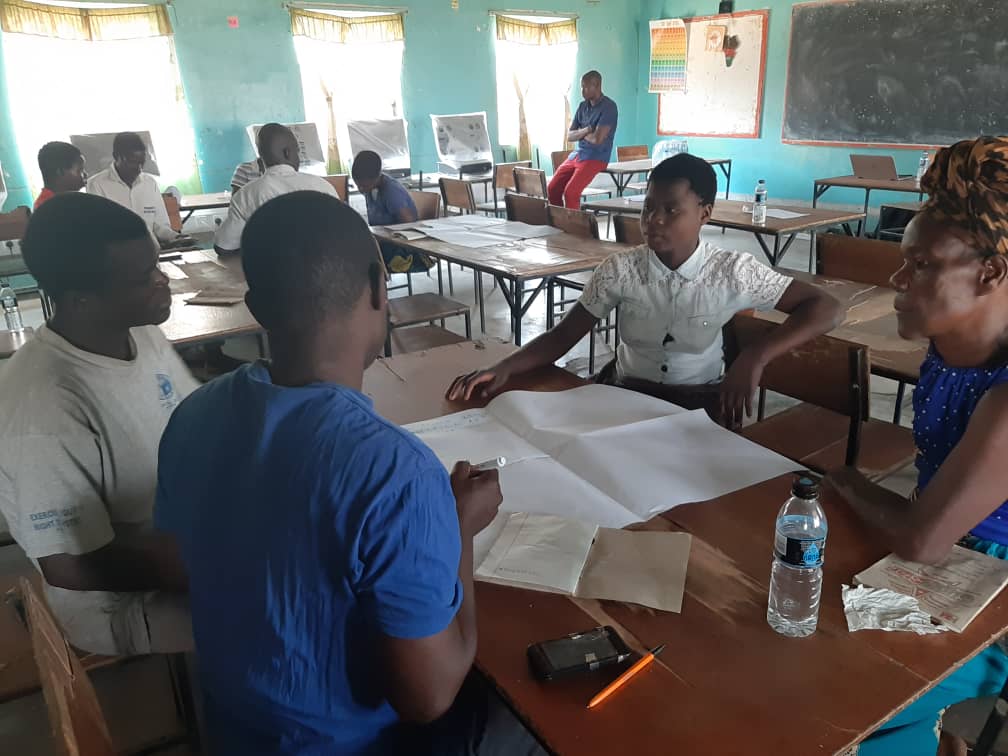
Watch the documentary below:
North Macedonian Citizens’ Assembly on COVID-19 – ZIP Institute
The ZIP Institute has delivered the third demonstration project for the newDemocracy and UNDEF agreement. The Citizens’ Assembly on COVID-19 saw 40 citizens selected through a democratic lottery meet for 10 partial-day meetings in an online-only process (due to COVID-19. They were asked to find common ground on recommendations that answered the question:
What can we do to keep COVID-19 cases from rising again?
North Macedonia has had to deal with very high rates of vaccination hesitancy. While this has complicated the country’s response to COVID-19, it is an example of the lack of trust in public institutions and public communications.
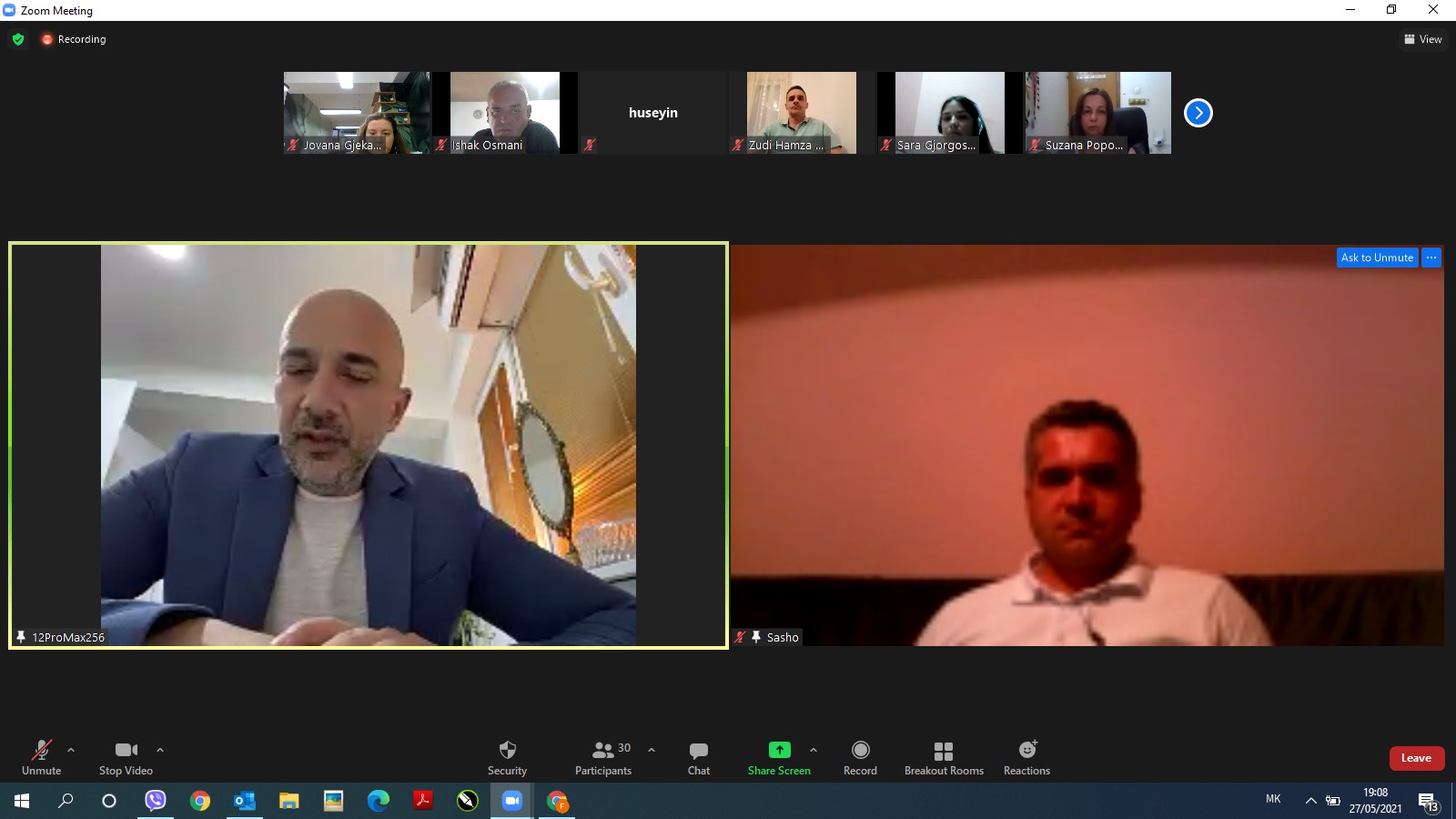 The challenge of this project was to find ways that members of the community, both vaccine-hesitant or not, could agree on that would help protect the community and keep COVID-19 cases from rising.
The challenge of this project was to find ways that members of the community, both vaccine-hesitant or not, could agree on that would help protect the community and keep COVID-19 cases from rising.
The participants of the citizens’ assembly had the mission to reflect on previous experiences and solutions presented by different health officials and experts to discover and propose alternatives, and to suggest ways for the country to improve its public health response. These included recommendations around vaccination cost, testing pricing and incentives – issues that countries around the world are all trying to resolve. In this way, the North Macedonian Citizens’ Assembly on COVID-19 has demonstrated to the world that including everyday citizens in complex public health decisions can lead to sensible and clear recommendations that originate in the agreement of a mix of everyday people, imbuing those decisions with legitimacy and public otherwise hard to find in this space.
Materials

